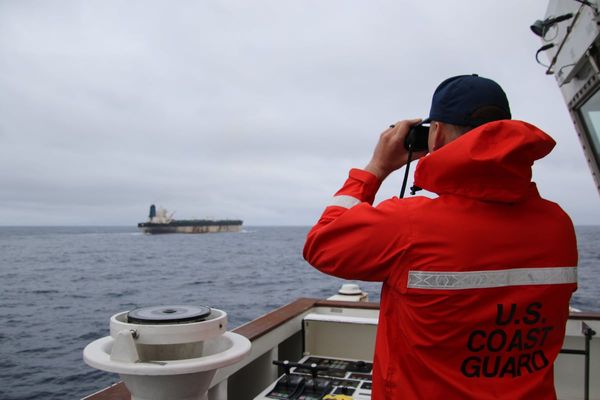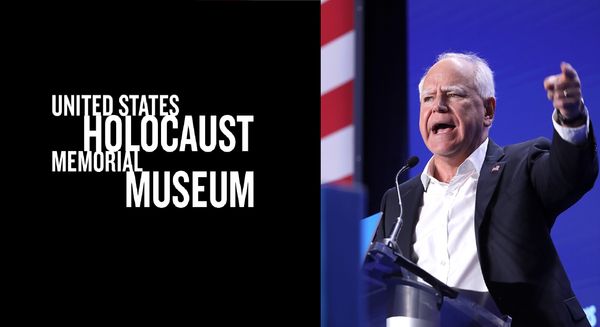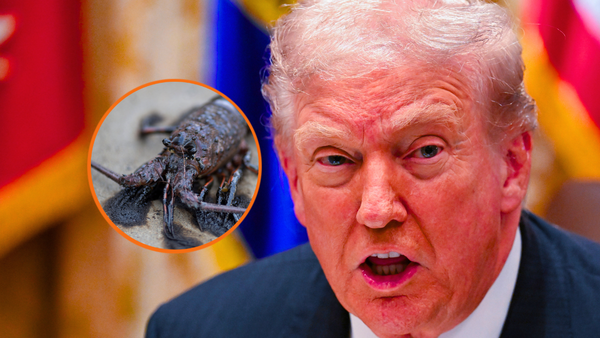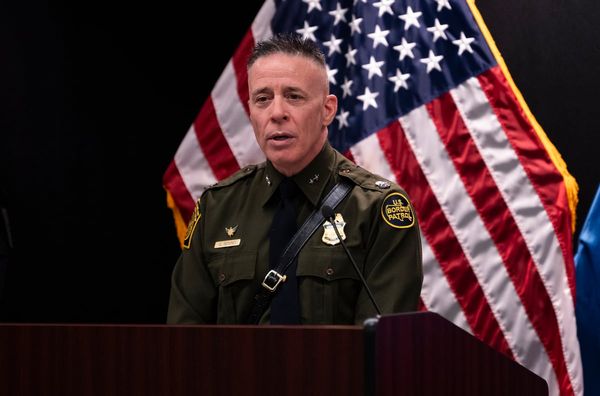Indigenous leaders are calling on the next Australian government to hold a referendum on a First Nations Voice to Parliament within two years, saying "the timing is right and it's now".
In 2017, after consulting with Aboriginal and Torres Strait Islander people across the nation, the former Referendum Council said Australia should create a powerful new First Nations assembly.
The body would be known as a Voice to Parliament, and it would have a say on laws and policies affecting all Indigenous communities.
Five years later, the authors of the Uluru Statement from the Heart have settled on their ideal dates to hold a referendum: May 27, 2023, or January 27, 2024.
May 27 next year is the 56th anniversary of the successful 1967 referendum, and the sixth anniversary of the Uluru statement.
"The work is done and the time is now. It's time for a referendum," co-chair of the Uluru Dialogue, Megan Davis, said.
"The politicians were not ready for the Uluru statement in 2017, but now the Australian people are."
In 2017, at Uluru, hundreds of Indigenous people called for constitutional change, saying Aboriginal communities were being denied a say in laws that affected them.
Indigenous legal experts have argued that the constitution should be changed so a Voice to Parliament is a permanent arrangement in Australia.
The prime minister at the time, Malcolm Turnbull, rejected the idea, saying it was not capable of winning the broad support of the Australian public.
But Pat Anderson, an Alyawarre woman and former co-chair of the Referendum Council, said the next federal government should start a major education campaign.
"That's what we have to aim for and that's what we have been aiming for in terms of educating the public … so we can get an enshrined voice in the constitution," she said.
Professor Davis said the movement had so far received support from the broader community, including unions and corporate groups.
"We're supremely confident that a majority of Australians will vote yes," she said.
"And we need to get more on board, and so that's the task ahead of us."
Ties to successful 1967 referendum
The proposed referendum dates were settled over the weekend at Cairns and Yarrabah as part of the largest gathering of First Nations leaders who endorsed the Uluru statement in 2017.
Elder "Pop" Alfred Neal, 97, met with the group. He helped to strategise for the 1967 referendum, and is one of the last surviving activists of that campaign.
"We want to be recognised," he said.
A referendum would be the culmination of decades of work and campaigning for constitutional recognition for Indigenous people.
The Morrison government has pledged $31.8 million to set up new 'Voice" bodies via legislation — that is 35 new "local and regional" advisory bodies across Australia over the 2022-23 financial year.
"For the Indigenous Voice to work it must have a strong foundation from the ground up," Minister for Indigenous Australians, Ken Wyatt, said.
But the Coalition said while it was committed to constitutional change, and had set aside $160 million for a referendum, it had not committed to a time line or a question.
"The Morrison government has consistently said that we will go to a referendum once a consensus is reached and at a time it has the best chance of success," Mr Wyatt said. when asked about the proposal from the Yarrabah talks.
Labor has agreed to a referendum on a Voice to Parliament, and has also said it would establish a "Makarrata Commission" to oversee a national process for treaty and truth-telling.
"An Albanese Labor [government] will work with First Nations communities towards a referendum in our first term," Labor MP Linda Burney said.
"We want to maximise the chance of success and do it in a way that has the broad support of the First Nations community."
'We need to try it'
Professor Davis said a Voice to Parliament would help address inequality by allowing Indigenous people to be involved with the laws and policies that affected their lives.
"This is something we haven't tried, and we need to try it, because I think most Australians can see after two variations … of Close the Gap, we're not closing the gap at all," she said.
Bardi man Nolan Hunter, who was at Uluru in 2017, said the renewed campaign for a Voice to Parliament referendum was a continuation of the journey "of Indigenous people striving to be heard".
"This voice is nothing new, it is continuing that journey and the message from all of our people before us going back in history," he said.
Professor Davis hopes that just like the movement behind the most successful referendum in Australian history in 1967, a new campaign will create lasting change for First Nations people.
"We're going to change the nation like they did," Professor Davies said.







